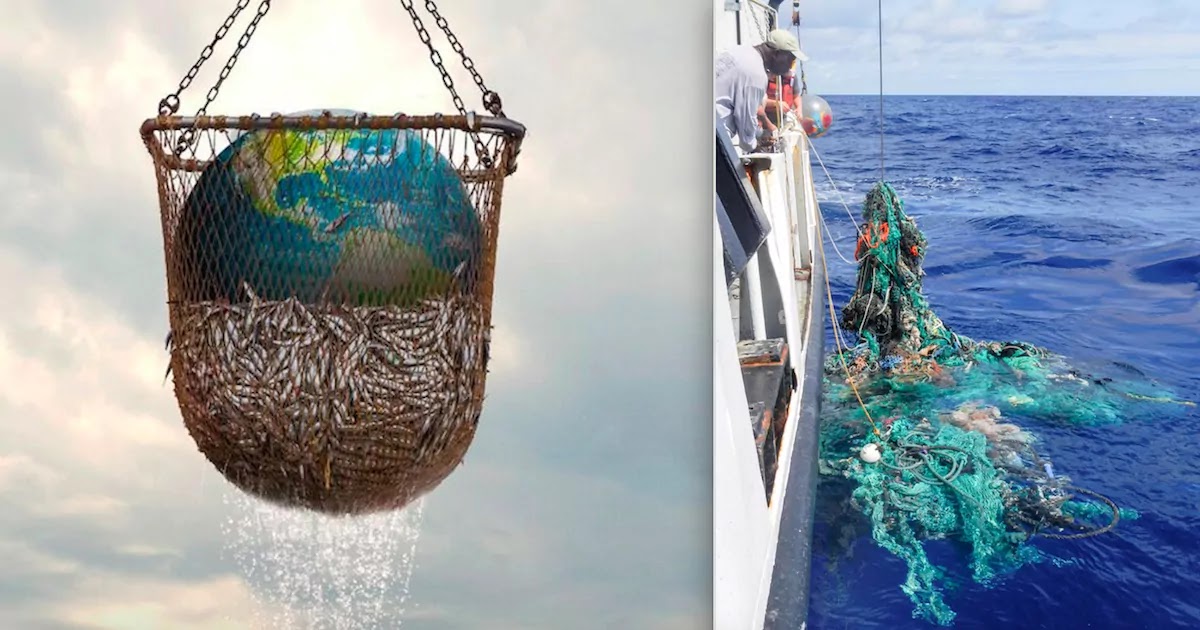
It has been reported online that viewers who watched the new 'Seaspiracy' documentary on Netflix are suddenly vowing to stop eating seafood, so shocked are they by the contents of the doc.
Seaspiracy, filmed by documentary maker Ali Tabrizi, looks at the world of commercial fishing and its impact on the environment and sea wildlife. It looks in detail at the effect plastic pollution has on the oceans and how fish stocks are being dramatically depleted, with the potential to cause mass-extinction.
Among the facts it informs viewers with, is that most plastic pollution entering the seas, does not come from land, but from commercial fishing ships leaving behind nets and other tools used in fishing. It also states that as a result of fishing, as many as 300,000 whales and dolphins are killed every year and that the seas may be empty by 2048 if fishing continues at the current level.
The documentary is a follow up to the 2014 documentary 'Cowspiracy' which looked ta the effect large scale bovine farming had on the environment and the cows themselves.
Within days of the latest documentary being released, tens of thousands had taken to Twitter and other social media platforms to say they were making a change to their diets in order to save the ocean.
"Can you turn off the camera?" 😳#Seaspiracy is definitely not a waste of your time, If you care about animals, justice, our oceans, our planet & your health. pic.twitter.com/255eUem7Vn
— AnimalLeaks 🌐 (@animal_leaks) April 5, 2021
James Pearson, a 42-year-old from England, was one of those to express his desire for change. He said:
"Before watching these documentaries, I'd heard of the vegetarian and vegan lifestyles, but I just thought 'I'm not eating birdseed, I'll just be hungry and I like my meat,' without really considering the consequences. These documentaries are real eye-openers. It's so important that everyone knows the impacts that our habits have on the planet."
Joseph Rojas, a 24-year-old form London, said:
"Anyone with emotions will be touched by this documentary. The way humans treat something so precious with such savagery is disturbing. I've never really liked fish, but [Seaspiracy] has given me a valid excuse to turn it down in the future."
Since the documentary was released, the Marine Conservation Society who campaign to save the ocean said they had a 169 per cent increase in website traffic.
Some believe that while the initial outrage may be very real, that in the long-term, people will put the documentary to the back of their minds and continue with business as usual. In effect, what is really required is fundamental change from governments and the fishing industry.
[h/t: Wired]













COMMENTS